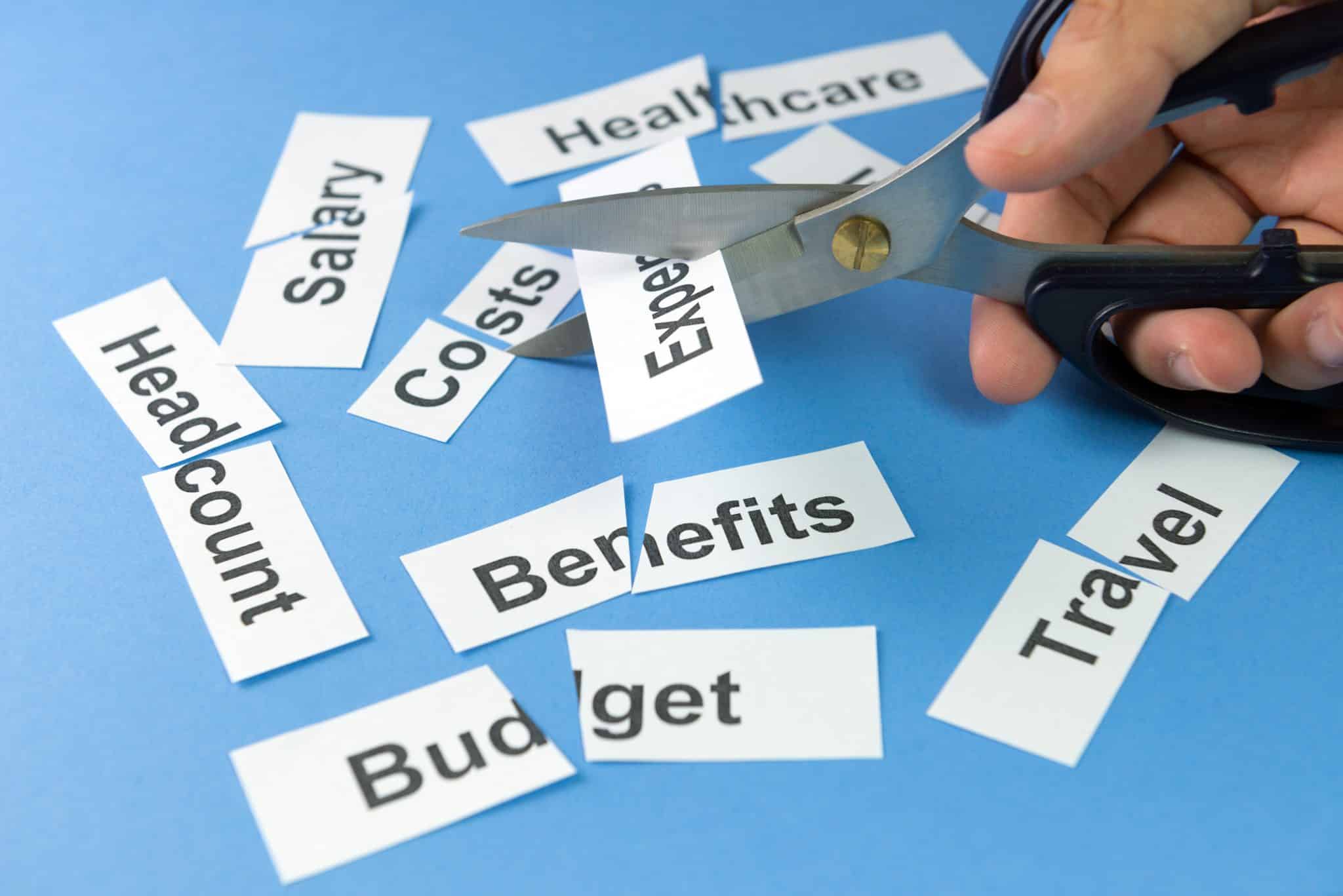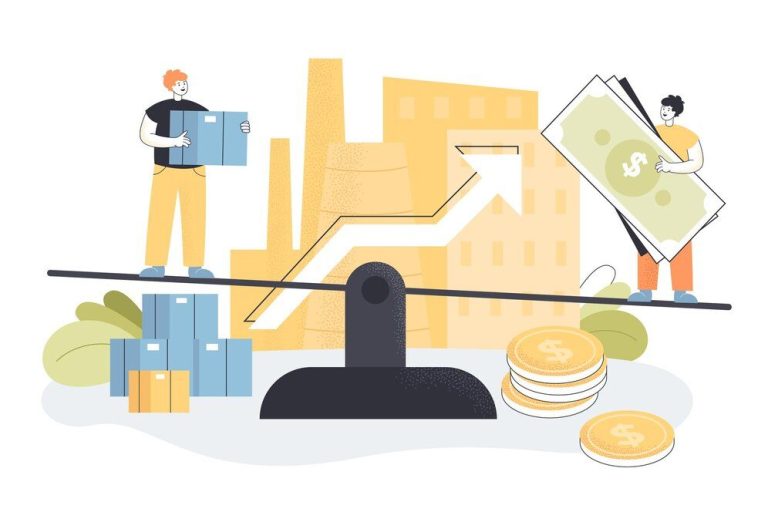In today’s economy, finding creative ways to save money on everyday expenses is more important than ever. Saving money doesn’t mean sacrificing your quality of life; instead, it’s about making smarter choices and finding innovative ways to cut costs.
Whether you’re looking to save for a significant purchase or build a more robust financial cushion, these tips will help you keep more money in your pocket. Let’s get started!
Make a Budget and Stick to It
The first step to saving money is understanding where your money is going. Creating a detailed budget can help you track your expenses and identify areas where you can cut back.
Start by listing all your sources of income and then detail your expenses, including fixed costs like rent and variable costs like groceries and entertainment. Once you have a clear picture, you can set realistic saving goals.
Please stick to your budget by regularly reviewing it and making adjustments as necessary. This disciplined approach can prevent unnecessary spending and help you save consistently.
Automate Your Savings
Automating your savings can make the process effortless and ensure you consistently set aside money. Set up automatic transfers from your checking account to your savings account on payday. This way, you won’t miss the money because it’s out of sight and out of mind.
Many banks allow you to automate transfers, and you can often set the amount and frequency according to your savings goals. By automating your savings, you build a habit of saving regularly without thinking about it.
Use Savings Accounts
Opening a high-interest savings account is an effective way to make your savings work harder. Unlike regular savings accounts, high-interest accounts offer a higher annual percentage yield (APY), which means your money grows faster.
Shop around to find the best rates and terms available. While the difference in interest rates might seem small, the compounded growth can significantly increase your savings over the years. Use these accounts for your emergency fund or other long-term savings goals to maximize the benefits.
Use Cashback and Rewards Programs
Leveraging cashback and rewards programs can help you save money on purchases you’re already making. Many credit cards offer cashback on groceries, gas, and other everyday expenses. Additionally, apps like Rakuten and Honey provide cashback and discounts on online shopping.
Sign up for loyalty programs at stores you frequent to accumulate points that can be redeemed for discounts or free items. By strategically using these programs, you can reduce your overall spending and earn some money back.
Reduce Unnecessary Fees
Bank fees, late payments, and other unnecessary charges can add up quickly. To save money, be proactive about avoiding these costs. Opt for a bank account with no monthly fees and ensure you meet any minimum balance requirements.
Pay your bills on time to avoid late fees and consider setting up automatic payments to ensure you never miss a due date. Also, avoid using out-of-network ATMs, as they often come with hefty fees. By staying on top of your finances and avoiding these fees, you can save significantly over time.
Shop Smarter for Groceries
Grocery shopping is a significant expense for most households, but there are ways to cut costs without sacrificing quality. Start by planning your meals and making a shopping list to avoid impulse buys. Look for sales, use coupons, and consider buying store brands, which are often cheaper than name brands.
Buying in bulk can also save money, especially for non-perishable items. Shopping at discount grocery stores or farmer’s markets can also help you find fresh produce and other items at lower prices.
Cut Down on Subscription Services
Subscription services can be convenient but can also drain your finances if you need to be more careful. Take inventory of all your subscriptions, including streaming services, magazines, meal kits, and more. Cancel any that you don’t use regularly or can live without.
Even small monthly fees can add up over time. Consider sharing subscriptions with family or friends to reduce costs. Cutting down on unnecessary subscriptions can free up money for more important expenses or savings.
Negotiate Bills and Services
Many must realize they can negotiate their bills and services to save money. This applies to various expenses, including cable, internet, car insurance, and medical bills
If you’ve been a loyal customer, mention that as well. You might be surprised at how willing companies are to accommodate your request to keep your business. By negotiating, you can lower your monthly expenses and save money without changing your lifestyle.
Sell Unused Items
Decluttering your home can also put extra money in your pocket. Go through your belongings and identify items you no longer need or use. This could include clothing, electronics, furniture, and more. These items can be sold on platforms like eBay, Craigslist, or Facebook Marketplace.
Not only will you earn extra cash, but you’ll also create a more organized living space. Regularly assessing your possessions and selling what you don’t need can be a steady source of additional income.
Reduce Energy Consumption
Cutting down on energy use at home can lower your utility bills. Simple changes can make a big difference, such as switching to energy-efficient light bulbs, unplugging devices when not in use, and using a programmable thermostat.
During the winter, keep your home a bit cooler and wear layers to stay warm. In the summer, use fans instead of air conditioning whenever possible. Not only will these habits save you money, but they’ll also reduce your environmental footprint.
Conclusion
Saving money on everyday expenses doesn’t have to be complicated or require drastic lifestyle changes. By implementing these creative strategies, you can reduce your spending and increase your savings without feeling deprived.
Remember, the key to successful saving is consistency and making mindful choices that align with your financial goals. Start with a few tips and gradually incorporate more into your routine. Over time, you’ll see the positive impact on your finances, giving you greater peace of mind and financial security.












